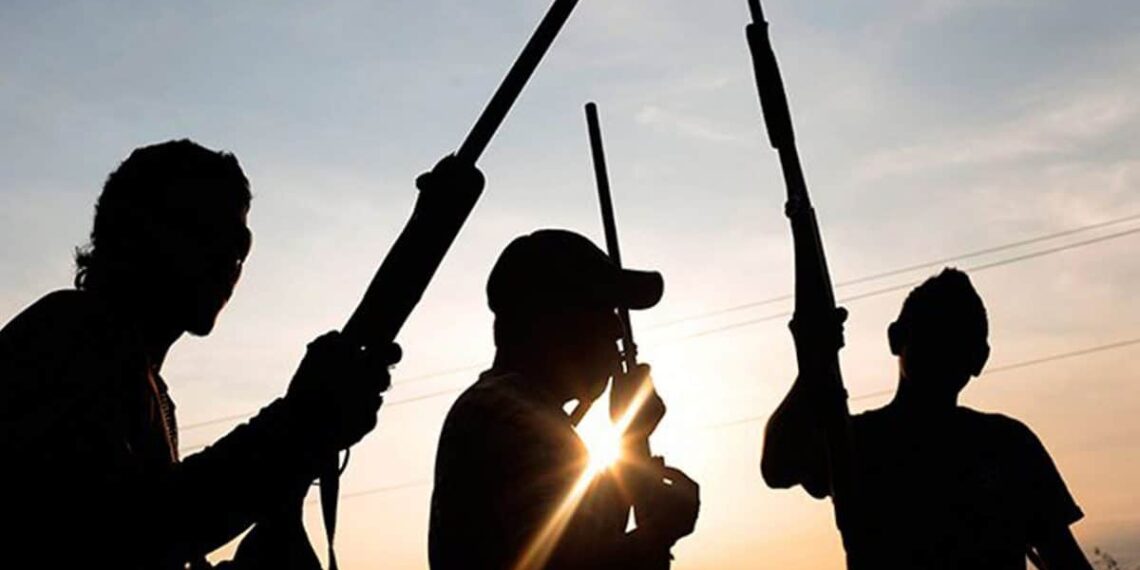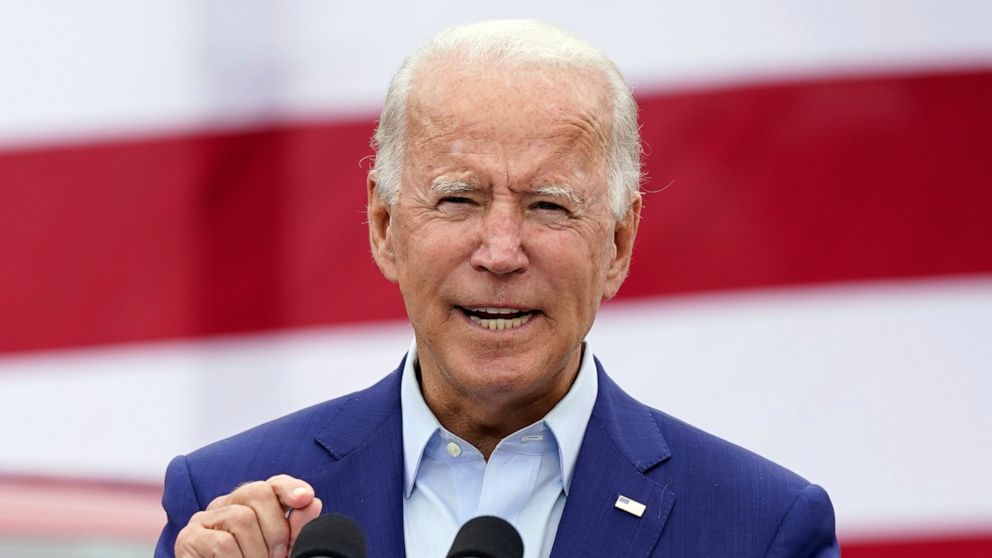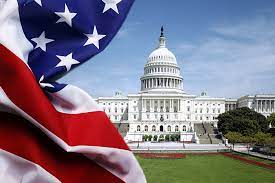On many fronts, America is showcasing the many burdens and benefits of democracy. Most Washington politicians are united in their support for Israel. But out on the streets, many Americans are opposed to Israel’s raging genocidal onslaught on Gaza and other Palestinian enclaves. While Congress had little trouble approving a further $20 billion in military aid to Israel, there is anger on the streets and mostly on university campuses. Opposition to the naked aggression against Palestinians has united the American streets and campuses against political Washington. A gale of anti-semitic protests has recently endangered lives and interests associated with Israel. This has now been followed by a whirlwind of campus protests all over America and even beyond.
In American courts, Donald Trump has kept the judiciary busy with legal arguments which now sound more like staged one-man campaign talk shows. The court appearances for Trump’s multitude of criminal and civil transgressions have become opportunities for a rehash of his boring campaign messaging. In a sense, Trump and his advisers are testing the legal limits of liberal democracy. It is all about trying to justify the right of an authoritarian demagogue to impose his private ambition on America’s long established democratic institutions and traditions. Simply put, a political deviant and serial transgressor wants to return as president. Twice impeached, severally accused of infractions ranging from campaign fund malfeasance to dubious business records and dodgy book keeping, Mr. Trump insists on his entitlement to the throne. Whichever way the legal outcomes go, a lot of issues in American democracy are likely to come under severe test with each verdict in Trump’s litany of court cases.
By far the more concerning issue in the United States now is the series of pro-Palestinian protests and demonstrations now sweeping through the campuses of American universities. These are not just ordinary universities. They are mostly Ivy League universities. From Colombia to Yale, from Harvard to New York University, UCLA, University of Southern California to University of Pennsylvania, and Emory University, large groups of students of diverse nationalities have trooped out daily to protest against Israel’s violation of the rights of the Palestinian people in its prolonged war on Gaza and other Palestinian enclaves.
So far, the protests have disrupted normal academic and other activities on the various campuses. The police has made numerous arrests of the protesters in a bid to restore normalcy. Some of the universities have opted for closure and discontinuation of academic activities to avoid the protests degenerating into violent encounters and disruptions.
The pro-Palestinian protests have multiple implications for America’s democratic culture. The right to freedom of association and expression remains inviolable. But the responsibility of the political leadership to pursue foreign and domestic policies in line with the national interest are sacrosanct. The students have a right to protest actions and policies of government that run counter to their convictions. Normal civility demands that such protests should not be violent or infringe on the rights of those who do not share these convictions to go about their business.
In the affected campuses, however, the groundswell of these protests have been so huge that no normal academic and social activities can proceed on these campuses. While police and law enforcement have a responsibility to maintain law and order and protect the rights of students who may not share the beliefs and convictions of the protesters or want to join the protests, the scope and spread of the protests indicate a clear political line on the part of the student population. While no one expects the protesters to have carry the day, it is also true that no responsible political establishment can ride rough shod on the feelings of such a large body of protesters.
Throughout American history, the university campuses have served as theatres for the expression of political views and beliefs that often run counter to the political temper of Washington. On the Vietnam war, on Civil rights, on Black Lives Matter, on police brutality and systemic racism and variety of other sensitive public issues, the University campuses in the United states have consistently indicated an independent line of thinking that often runs counter to the main current of official Washington. Through these protests and demonstrations, the university campuses have been able, over time , to pressure politicians in Washington to at least listen to contrary views. At critical moments, such protests have succeeded in getting the government to reconsider aspects of foreign and domestic policy.
Already, some key politicians from Washington have visited a number of protesting campuses to appeal for calm and press home their perspective. The students have however stood their grounds Just as the pro-Israeli politicians have pressed their arguments. It is not likely that any argument will be strong enough to justify the long standing oppression of the Palestinians especially the blockage of their right to a free and independent homeland.
The present scene on America’s university campuses is reminiscent of happier days on Nigeria’s university campuses. There was a time from the immediate post independence days to the days of military rule when Nigerian university campuses served as the catalyst of social and political ideas for national unity and progress. For instance, It was Nigerian students at the University of Ibadan who staged massive protests to compel the newly independent Nigerian government against signing a defence pact with the departing British colonial government.
In the days of military dictatorship, Nigerian university students served as the remaining voice of democratic instincts. Students campaigned for the rights of common people, against authoritarian impositions and the habitual arbitrariness of military rule. Students protested against frequent petroleum price increases, against unlawful detentions of opposition figures. When in 1978 General Obasanjo’s education minister, Colonel Ahmadu Ali, tried to increase university tuition frees, in Nigerian universities, students rose in unison during the “Ali Must Go” demonstrations and pressed for his removal from office.
From the 1960s to early 1990s, the Nigerian university campus remained a litmus ground for testing public policies. Political and military leaders sought a certain degree of acceptability among university students and their lecturers. Understandably the Nigerian university campus also became the hotbed of radical ideas. During the ideological polarization of the Cold War era, our universities became a friendly terrain for radical progressive anti bourgeois ideas. This led to an understandable radicalization of student union politics and even the politics of organized unionism among academics. The National Association of Nigerian Students (NANS) became an arrowhead of radical student unionism. These were the origins of ASUU’s aggressive trade unionism which has largely survived to recent times.
There was consequently a certain unanimity of perspectives on national issues among students in campuses all over the country. From Ife to Nsukka, from University of Ibadan to Ahmadu Bello University, from Port Harcourt to Calabar and Ilorin, Nigerian students and academics were united in their perspectives on military rule, corruption, the plight of the poor and the commonality of poverty among underprivileged Nigerians.
As undergraduates then, we shared a common ideal of a better nation. We trooped out to protest unkind policies. We faced police truncheons and tear gas and even military jackboots and live bullets. We did not habour these silly divisions along ethnicity, religion and region. We did not despise the poor but fought for the smashing of the chains of poverty. We thought our youth and idealism was enough to transform the country into a happy place for all. For us then, the Nigerian revolution was an achievable and imminent possibility. Our idealism contrasted with whatever ideas were fueling the policies of politicians and military leaders in Lagos and later Abuja. We held strong views on contemporary issues and most times embraced alternative truths to those of governments of the day.
We took a stand on most domestic and foreign policy issues that were burning central at different times. We took a stand on Southern Africa; on independence for Zimbabwe, Namibia and Angola. We vehemently stood shoulder to shoulder with the Murtala and Obasanjo governments on Apartheid. We stood with the world on the Palestinian struggle and the heroic stance of the then Palestinian Liberation Organization (PLO) of Yasser Arafat.
Key politicians understood the crucial place of the campus as a vital platform for the galvanization and aggregation of ideas for national development. Key politicians therefore often chose to deliver the annual Convocation lectures of the various key universities as a way of generating novel ideas for the development of the nation. Such strategic lectures also served as means of bridging the distance between town and gown and as praxis in the struggle for a better society.
It would be recalled that at the height of the debate of how best to accommodate the military in future power arrangements, Nigeria’s first President Dr. Nnamdi Azikiwe used the opportunity of the convocation lecture at the University of Nigeria, Nsukka, to advocate the theory of Diarchy as a power sharing arrangement between civilian politicians and military leaders. Similarly, Chief Obafemi Awolowo used one of the convocation lectures at Ife to question the efficacy of fruitless probes of past governments as an anti corruption tool. Those were the glorious days of the Nigerian university campus. Then they were universities. There were scholars, patriotic students and as Achebe lamented, there was once a nation.
In today’s Nigeria, the campus is virtually dead either as a centre of national consciousness or an incubator of new ideas. The universities have died as cultural laboratories or as the breeding ground of a responsible national elite. The Nigerian university campus has died as a centre of serious positive thinking or purposive national action for progress. In place of fiery nationalism and idealism, we now have a student unionism that apes and imitates the decadent culture of our nasty politics.
Contest for NANS leadership has become a sad replica of the politics of ‘stomach infrastructure’ and money bazaars. When elected into office, the leadership of our students unions want to drive huge SUVs like Abuja politicians. They appoint innumerable personal aides with nomenclatures borrowed from our wasteful national political culture and idiom. The broad mass of our students are now united by cultism, cyber crimes, bloody rituals and killer squads in a hunt for human body parts for ritual.
Our student population has degenerated into conclaves of cults, cyber crimes and a descent into the dark precincts of occultism , witchcraft and ritual. Places established to pursue enlightenment and modernism have now become covens of modern day witches and ritual murderers. At other times, the only language that flies around our campuses is that of quick mega cash fuelled by the hunger for designer clothing, outrageous automobiles and luxury mansions. Every undergraduate aspires to become an internet ‘influencer’, stage musician, naked model or narcotics courier irrespective of the courses they are registered to study.
Among the academics themselves, we now have serial racketeering for contracts, a thriving trade of blackmail of ‘sex for marks’. Professors are now standing trial for openly blackmailing their female students into sexual rumps sometimes in open offices. The deployment of juju and cultism for promotions and appointments have replaced the previous dedication to merit, national good and the pursuit of academic excellence.
As America’s university campuses continue to witness a wave of protests of universal moral condemnation of America’s support for Israel’s systematic genocide in Palestine, we need to look again at what has killed the Nigerian university.
Three ugly forces have invaded our university campuses: dark money, bad politics and godless religion. To rescue our universities and redirect them back to being factors of national unity, progress and progressive development, we require a political leadership with the will to chase away and neutralize this trinity of negativity.








